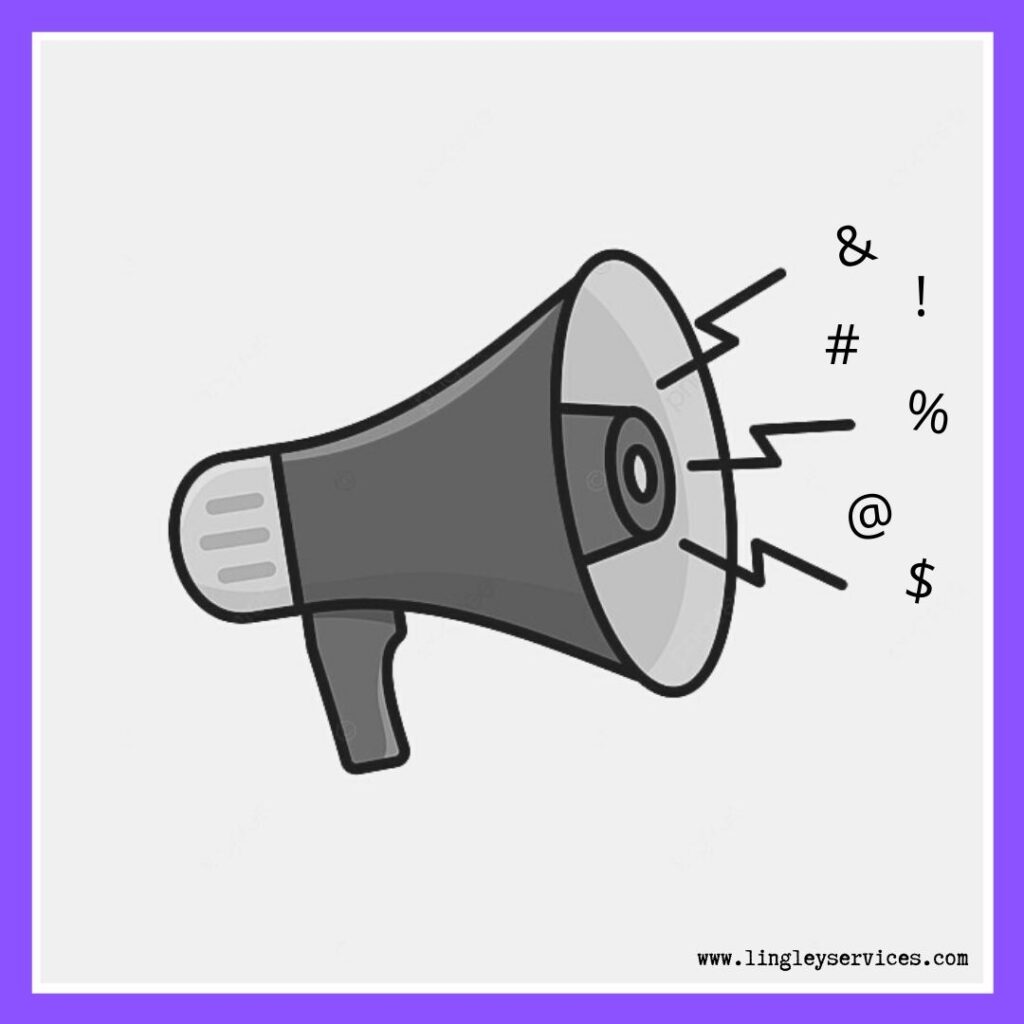Handle Criticism in 3 Powerful Ways
How do you handle criticism?
It can be very disheartening to pour your time, energy, and soul into writing a book only to have to handle criticism from your readers.
If you haven’t had to handle criticism for sharing yourself through writing a book, that’s happy.
But trust me, you will at some point be faced with the need to handle criticism.

Because that’s simply the reality of sharing ourselves through writing books!
The fact you need to handle criticism does not mean you’ve necessarily done something wrong. It simply means sharing your truth through writing a book has ruffled some feathers.
Sure, you could easily avoid the need to handle criticism by never exposing things about either yourself or others that creates waves. You could ignore the story you have inside you so you don’t stir the proverbial pot.
Or you can learn how to handle criticism in an effective way that allows you to shout your story from the rooftops with confidence.
So, then, instead of taking the easy route, let’s take a closer look at what criticism actually is. Let’s look at how we can respond to it in a useful way. And let’s review the ways we can learn from it so we can stay true to our book writing vision and goals.
Criticism is good! Needing to handle criticism gives us the unique opportunity to see our work from a different perspective. This then provides us with the opportunity to grow and improve.
Granted, not everyone knows how to give criticism constructively. Some readers are encouraging and some are downright rude. But handling criticism in this way is simply a reality of sharing ourselves and speaking our truth.
To handle criticism in this way, it is often helpful to remind ourselves that not everyone understands how or why various aspects of our journey have impacted us. And that’s why we write about it in the first place, ya?
Learning to read between the lines can be a valuable tool as we seek to improve our vision, goals, and message.
You have the choice to handle criticism with a grain of salt, reevaluate your writing to make sure it is always accurate, honest, and informative, and stay focused on what you’re passionate about. Or you can get offended. It’s up to you.
But remember: if you know you’re writing good and accurate content, you can rest assured your critics are most likely just being critical for the heck of it.
Say Thank You! Saying things like “Thank you, I appreciate your perspective” or “That’s a good point to consider” may seem cliché or even lame.
It might feel silly to respond with something like that after a follower ranted on about how off-base you are.
But remember: not all criticism needs to be addressed. If you believe a particular piece of criticism would benefit from a reply, take the necessary time to compose one that’s appreciative, helpful, and productive. Because no one likes a response that’s shot from the hip.
If the person commenting seems truly uneducated, educate them politely. If they seem high-nosed and judgmental, thank them for sharing their opinion and leave it at that.
How you handle criticism will improve with time. You will learn how to gauge criticism the more you deal with it. You will know when to sit back and let them have the final word. You will become accustomed to the value of humility the more you react with a steady mind versus a gut reaction.
Some say you should handle criticism in the same setting in which it was made (in the platform used by the critic versus a direct message in private, for example). But I believe how you handle criticism should be a personal and even situational decision.
Not responding is a decision you are entitled to. And you have the power to choose what you spend your time and energy on.
Criticism is par for the course. The fact you need to handle criticism is a good thing, in my opinion. It means you are indeed stirring the pot and getting your readers to consider things from another perspective.
Many people don’t like change and certainly dislike being told they are wrong. When they lash out with criticism, it’s often because they simply don’t know how else to react.
Knowing how to handle criticism in a manageable way becomes easier as we adjust our perspective of it.
We can choose to be insulted and stubbornly try to prove ourselves. Or we can choose to objectively consider the points being made.
And most powerful of all: we can choose to let the words of our critics weaken our writing or strengthen our writing.

I encourage you to choose to not let criticism:
- stop you from sharing and saying what you are passionate about
- minimize your vision
- stop you from sharing your story
Instead, I encourage you to use criticism to:
- motivate you to stay true to your vision
- write your book with confidence
- embrace your story and share it without shame
Email me with any questions or to share the ways you handle criticism.